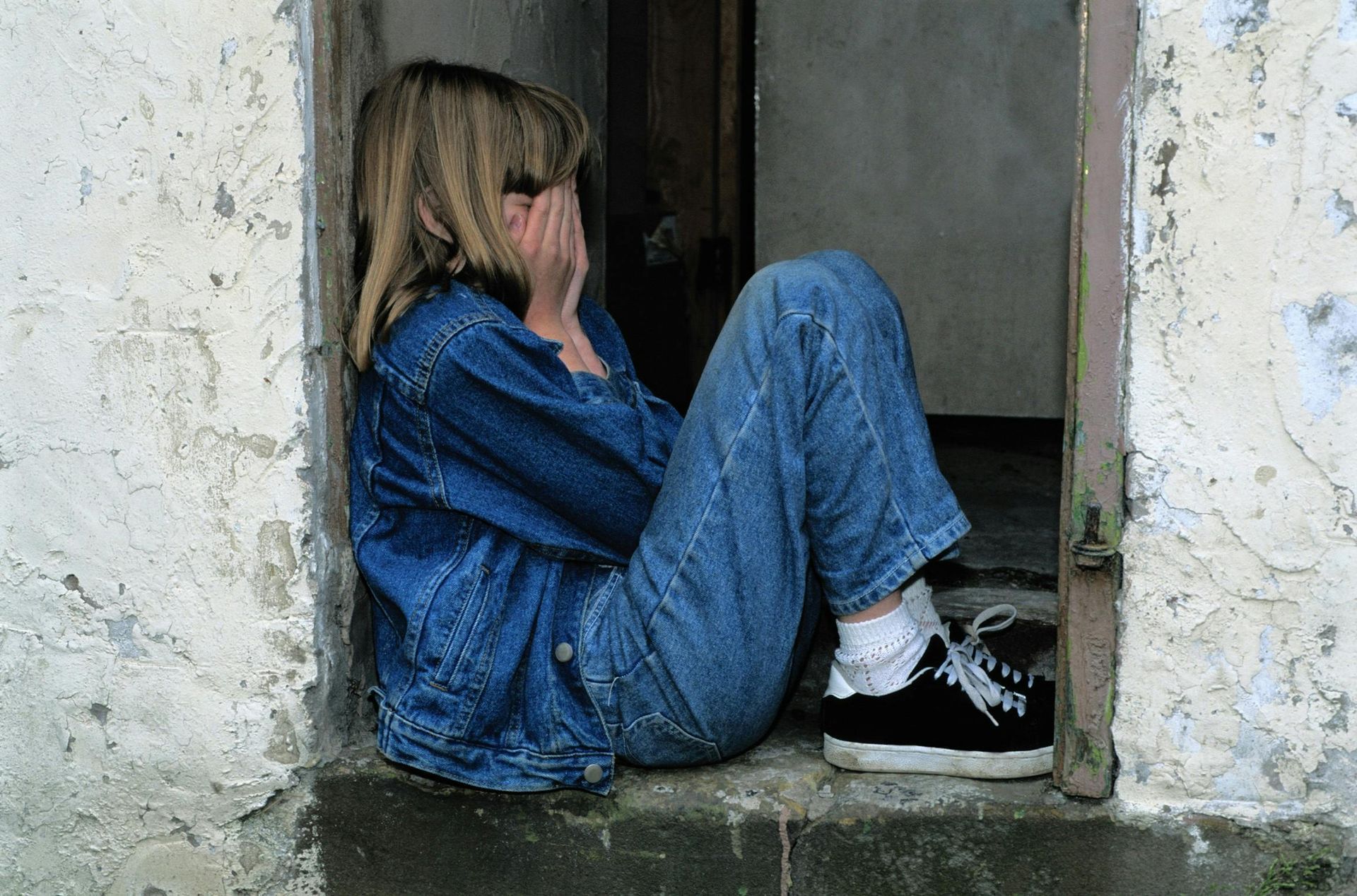Morning Routines That Actually Work for Kids with ADHD and High Sensitivity
Ceara Deno, MD • December 3, 2024
Schedule A Free Call
Morning Routines That Actually Work for Kids with ADHD and High Sensitivity

Getting out the door in the morning tends to be hard for many families.
But for parents of kids with ADHD or highly sensitive kids, mornings can extra challenging.
Children with these traits often face unique challenges like difficulty transitioning, sensory sensitivities, power struggles, or difficulties with focus.
A thoughtful morning routine can set the stage for a smoother day—and help everyone feel calmer and more connected.
Here are some practical tips to design a morning routine that works for your family:
1. Start with Connection, Not Correction
Highly sensitive and ADHD kids thrive on positive connection. Begin the day with a moment of warmth—a snuggle, a shared joke, or simply a cheerful "Good morning!" Avoid diving into instructions right away, as this can feel overwhelming and trigger resistance.
2. Break It Down into Steps
Kids with ADHD often struggle with multi-step tasks, and highly sensitive kids can easily become overwhelmed by the morning rush. Create a simple, visual checklist with pictures or words. For example:
Get dressed.
Brush teeth.
Eat breakfast.
Grab backpack.
This not only helps your child stay on track but also gives them a sense of accomplishment as they check off each task.
3. Plan for Sensory Needs
Highly sensitive kids may feel overstimulated by bright lights, loud alarms, or scratchy clothing, while kids with ADHD may crave sensory input to stay focused. Consider adjustments like:
Using a gentle alarm clock or soothing wake-up music.
Preparing comfortable, tag-free clothing the night before.
Offering a fidget toy or chewable necklace during breakfast to help with focus.
4. Build in Extra Time for Flexibility
ADHD and highly sensitive kids often need more time to transition between activities. Start the routine earlier to avoid the stress of rushing. If possible, include a buffer for unexpected challenges, like needing to find that one favorite pair of socks.
5. Use Playfulness to Motivate
Instead of battling over tasks, make them fun. Use playful language or turn chores into a game. For instance:
Pretend you’re racing the clock to “beat the breakfast timer.”
Sing silly songs while getting dressed.
Create a morning mascot (like a stuffed animal) that “cheers” your child through the routine.
6. Provide Choices to Avoid Power Struggles
Highly sensitive and ADHD kids often feel more cooperative when they have some control. Offer simple choices:
“Would you like toast or cereal?”
“Do you want to brush your teeth first or get dressed first?”
These small decisions can help your child feel empowered, and help them be more cooperative.
7. End with a Positive Send-Off
Before heading out the door, take a moment to connect with and appreciate your child. A quick hug, high-five, or encouraging words like, “I’m so proud of how you got ready today,” can set a positive tone for the rest of their day.
Bonus Tips for Parents
Prep the Night Before: Lay out clothes, pack lunches, and organize backpacks in advance to reduce decision-making in the morning. Younger kids can sleep in their clothes to save time and avoid power struggles.
Keep Expectations Realistic: Progress is better than perfection. Celebrate small wins and adjust as needed.
Take a moment to connect with your child during the rush of the morning; kids are often more cooperative and able to focus better after moments of connection.
Practice Self-Care: Your energy sets the tone. A few deep breaths or a quick coffee moment can help you stay calm and present.
Creating a morning routine that works for ADHD and highly sensitive kids takes trial and error, but with patience and creativity, you can design a system that helps everyone start the day with a little more ease—and a lot more connection.












